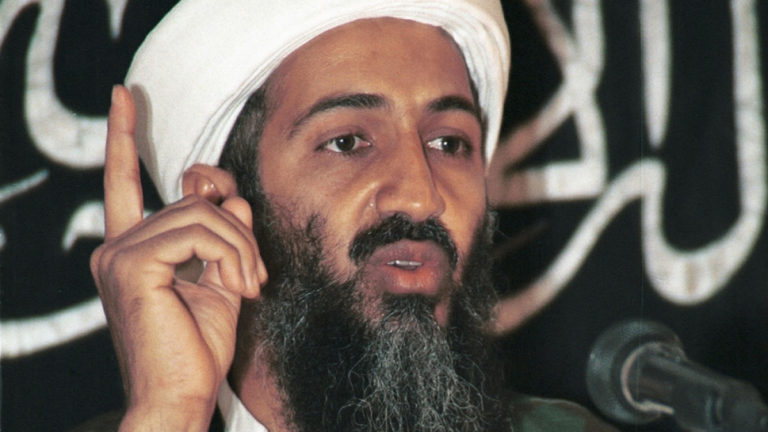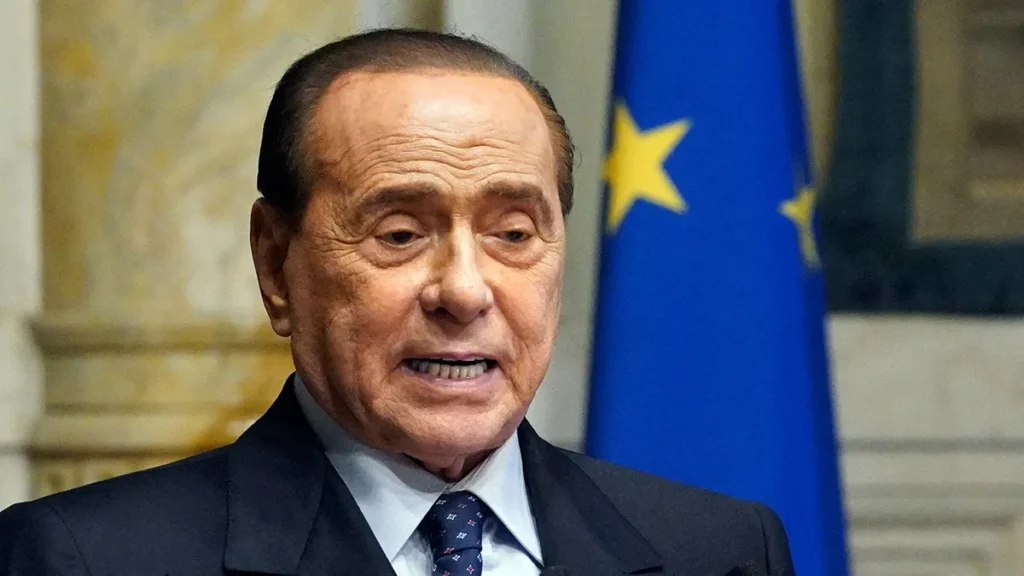Silvio Berlusconi
On March 27, 1994, Silvio Berlusconi, founder of the center-right political party Forza Italia, became Prime Minister of Italy following a decisive electoral victory. This marked the start of a transformative and controversial era in Italian politics, as Berlusconi, a billionaire businessman and media mogul, brought a unique blend of entrepreneurial skills, populism, and charisma to the political stage.
Background
Before entering politics, Berlusconi was a successful entrepreneur with vast holdings in media, construction, and football, including ownership of the AC Milan football club. His control of major television networks and newspapers gave him a powerful platform to influence public opinion Silvio Berlusconi .
In the early 1990s, Italy faced widespread political corruption scandals, collectively known as “Tangentopoli” (Bribesville), which led to the collapse of many traditional parties. Seizing the opportunity, Berlusconi founded Forza Italia in January 1994, positioning himself as an outsider who could restore stability and economic growth Silvio Berlusconi .
1994 Elections
Riding on his media-driven campaign and promises of economic reform, tax cuts, and job creation, Berlusconi formed a coalition with two other parties: the National Alliance and the Northern League. His message resonated with a populace disillusioned by corruption and eager for change. The coalition’s victory in the general election paved the way for Berlusconi to become Prime Minister just three months after founding Forza Italia.
First Term and Political Style
Berlusconi’s first term as Prime Minister was short-lived, lasting only nine months. Nevertheless, his tenure set the tone for his future political career Silvio Berlusconi :
- Populist Appeal: Berlusconi appealed directly to the public, using his media influence to craft a polished image of a self-made, relatable leader.
- Economic Reforms: He advocated for privatization, reducing public debt, and modernizing Italy’s economy, though these efforts faced significant challenges.
- Controversy and Opposition: His government was plagued by allegations of conflicts of interest due to his business empire and by resistance from opposition parties and trade unions.
Legacy and Subsequent Influence
Although his first term ended in late 1994 following a withdrawal of support from coalition partners, Berlusconi remained a dominant figure in Italian politics for the next two decades, serving as Prime Minister three more times (2001–2006, 2008–2011).
Berlusconi’s tenure had a profound impact on Italy, including:
- Economic Policies: His neoliberal approach aimed at modernizing Italy’s economy, though critics argued it deepened inequality.
- Media Influence: His dual role as a media tycoon and politician raised concerns about freedom of the press and conflicts of interest.
- Populist Governance: Berlusconi’s leadership style influenced a wave of populist movements in Europe.
Despite his controversial legacy, Berlusconi’s rise to power in 1994 marked a turning point in Italian history, symbolizing the public’s desire for a break from traditional politics and its embrace of a leader who promised transformation Silvio Berlusconi .
Key Facts About Berlusconi’s Rise
- Date of Election Victory: March 27, 1994
- Political Party: Forza Italia
- Coalition Partners: National Alliance and Northern League
- Significance: Berlusconi’s victory ended the post-war dominance of traditional political parties and introduced a new era of media-driven politics in Italy.













